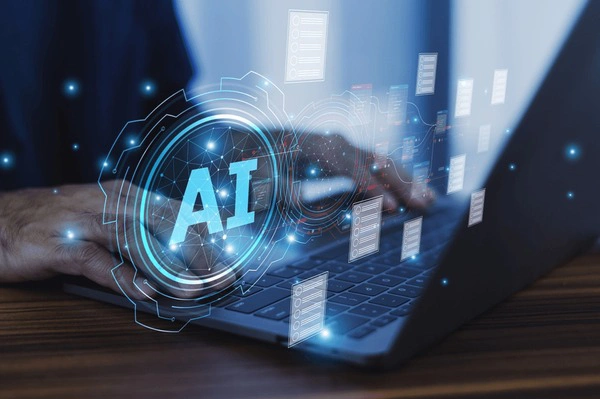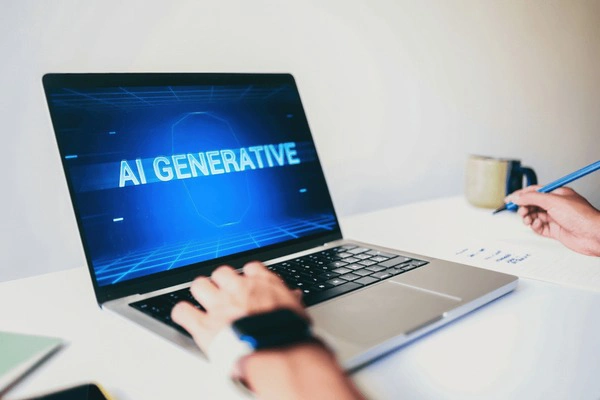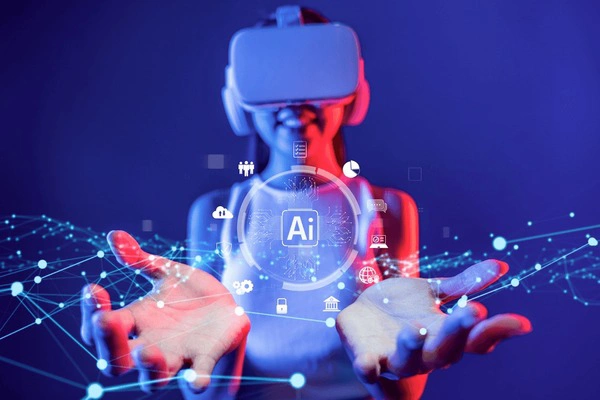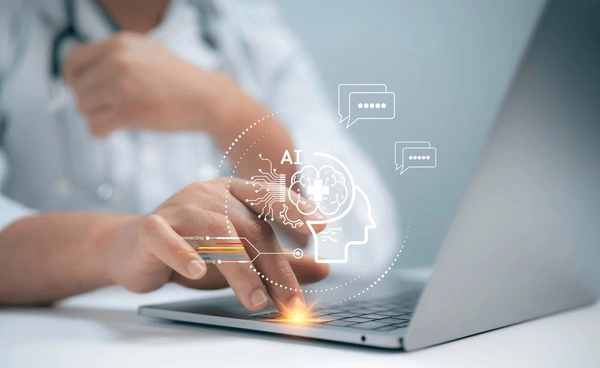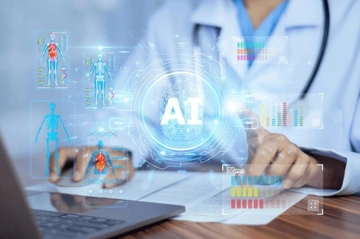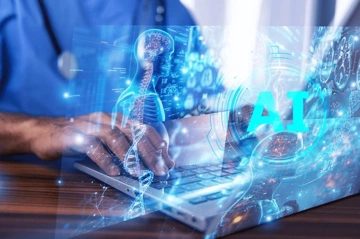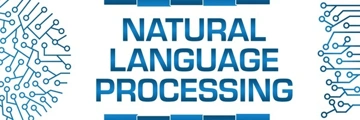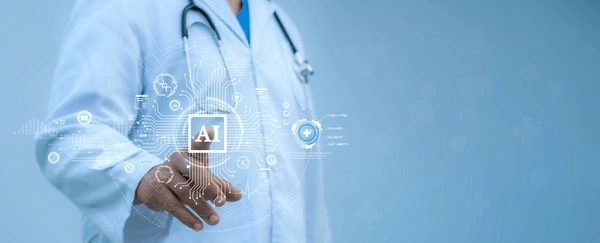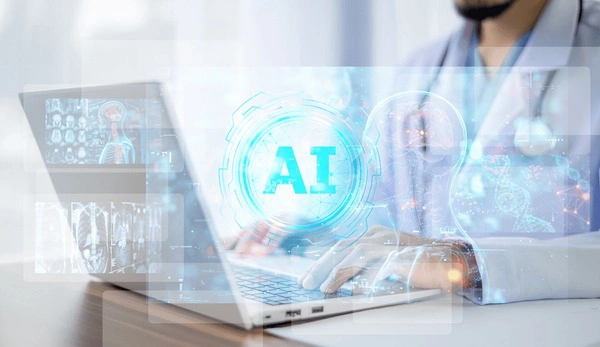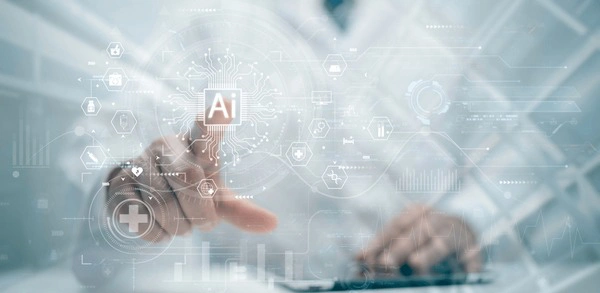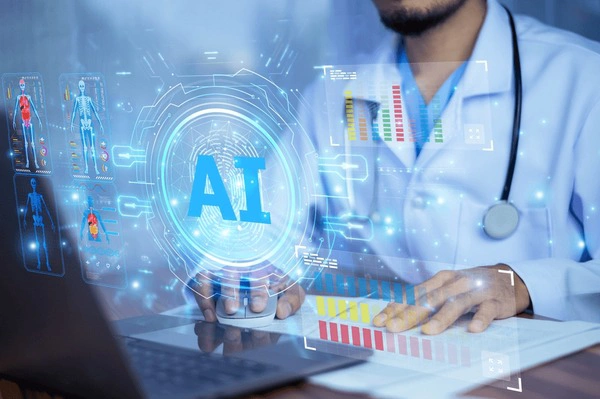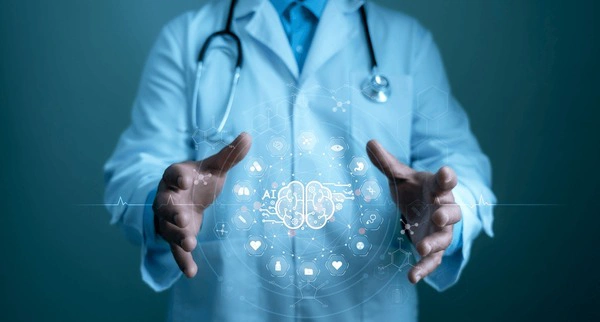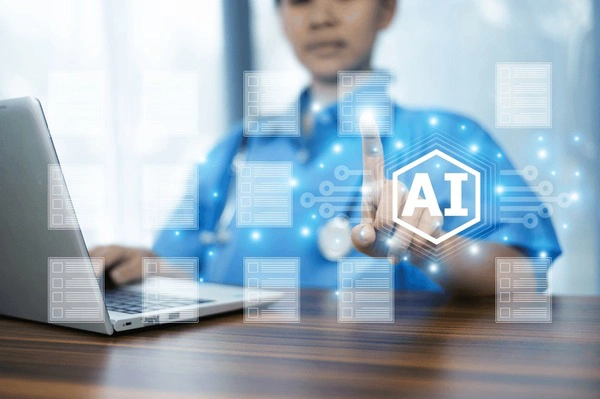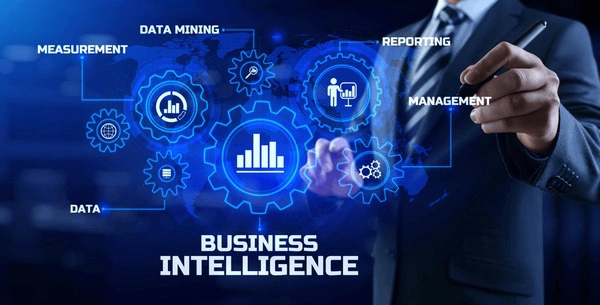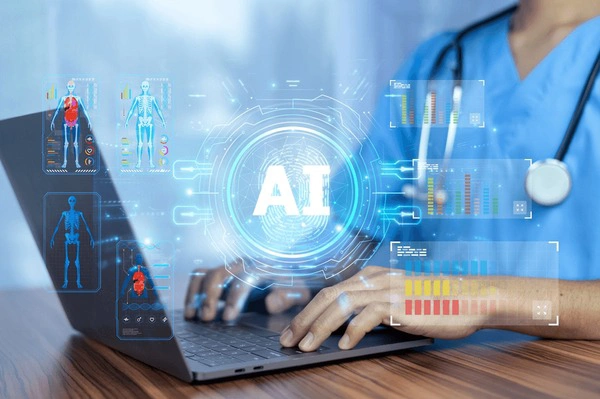
Harnessing AI to Assess Health Risks: A Guide for Everyday Individuals
AI tools are revolutionizing health risk assessment by analyzing medical history and lifestyle choices, enabling individuals to make informed health decisions. By leveraging data from various sources, AI predicts potential health issues, supports healthcare professionals, and offers personalized health advice. The future of AI in healthcare promises more accessible and preventive models, improving public health outcomes while ensuring ethical standards are met.
Maya Turner
29/11/2024 - 7 months ago

Understanding AI in Health Risk Assessment
Artificial Intelligence (AI) is transforming how we approach healthcare, particularly in assessing health risks. By analyzing an individual's medical history and lifestyle choices, AI tools can predict potential health issues, allowing people to take preventive measures. This is especially important as it gives individuals the opportunity to make informed decisions about their health.
AI for Health Risk Assessment works by collecting data from various sources, such as medical records, fitness trackers, and even social media activity. The data is then processed using sophisticated algorithms that identify patterns and correlations. These patterns help in predicting possible health conditions, such as diabetes, heart disease, or even mental health issues.
The beauty of AI in this context is its ability to process vast amounts of information quickly and accurately. It can consider factors that humans might overlook, such as subtle lifestyle choices or genetic predispositions. This comprehensive analysis is crucial for creating personalized health plans, ultimately leading to better health outcomes.
How AI Analyzes Medical History
Medical history holds vital clues about an individual's future health. AI tools delve into past medical records to unearth patterns that might indicate a higher risk for certain diseases. For example, if someone has a family history of heart disease, AI can flag this as a potential risk and suggest regular check-ups or lifestyle changes.
These AI systems use machine learning to improve over time. The more data they process, the better they become at predicting health risks. This means that as individuals continue to use these tools, the AI can offer increasingly accurate recommendations based on their evolving health data.
Importantly, AI does not replace human doctors but works alongside them. By providing a detailed analysis of medical history, AI supports healthcare professionals in making more informed decisions about patient care. This collaborative approach enhances the accuracy of diagnoses and the effectiveness of treatment plans.
Lifestyle Choices and AI Predictions
Our daily choices significantly impact our health, and AI tools are adept at analyzing these lifestyle factors. Whether it’s diet, exercise, sleep patterns, or stress levels, AI can assess how these habits influence overall health and flag any potential concerns. This capability is crucial for encouraging healthier lifestyles.
By integrating data from wearable devices, AI can monitor physical activities and even detect irregularities in heart rate or sleep cycles. This real-time monitoring allows for immediate feedback, helping individuals adjust their habits before they develop into serious health issues. This proactive approach is one of AI's greatest strengths in health risk management.
Moreover, AI can use lifestyle data to provide personalized health advice. For instance, if someone is not getting enough exercise, the AI might suggest specific activities that fit into their current routine. This tailored guidance is invaluable for individuals who may not have access to regular healthcare consultations.
The Future of AI in Health
The future looks promising as AI continues to evolve in the healthcare sector. With advancements in technology, AI tools are becoming more accessible and affordable, opening up opportunities for broader use among diverse populations. This democratization of health information is key to improving public health outcomes globally.
AI is also paving the way for more predictive and preventive healthcare models. By focusing on prevention rather than treatment, AI helps reduce healthcare costs and improve quality of life. This shift is particularly important for communities with limited access to healthcare resources, where early intervention can make a significant difference.
As AI technology advances, it is vital to ensure ethical considerations are addressed. Protecting personal data and maintaining privacy are paramount, as is ensuring that AI systems are free from bias. By keeping these principles in focus, AI can continue to enhance healthcare delivery while empowering individuals to take control of their health.
